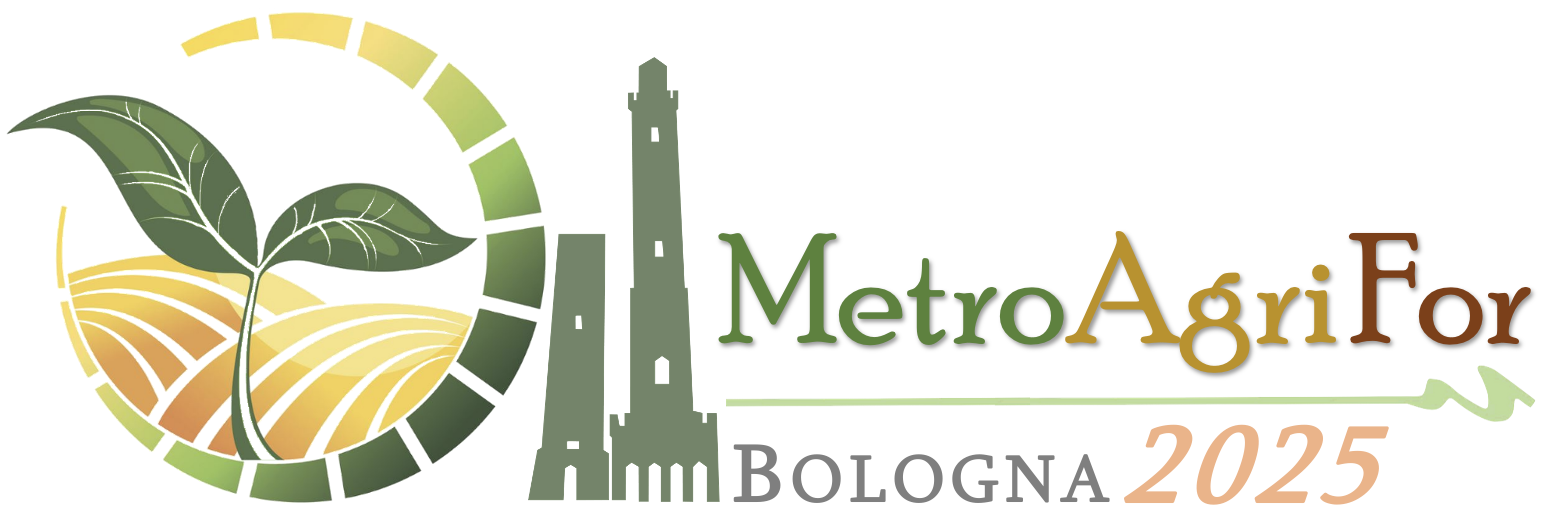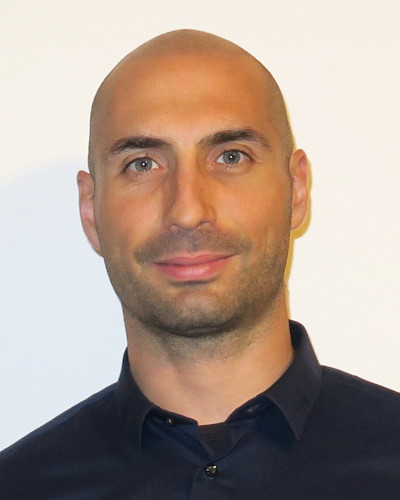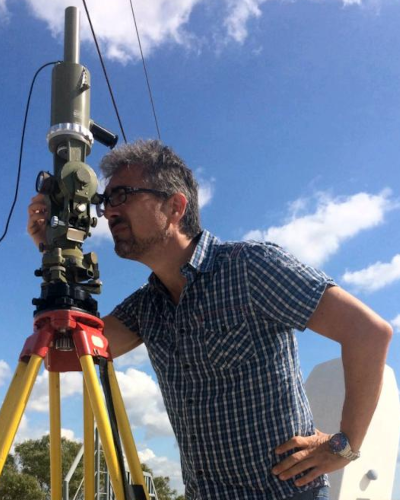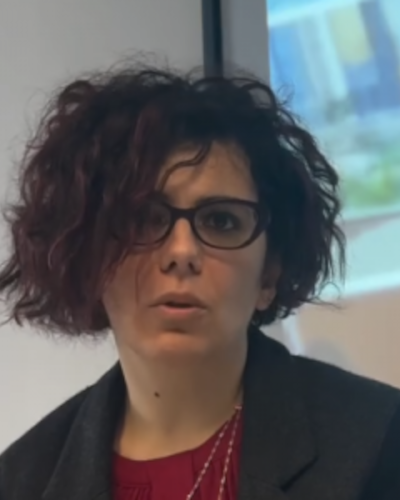SPECIAL SESSION #12
Geomatics, GeoAI and geospatial data analysis in precision agriculture and forestry applications
ORGANIZED BY
Andrea Masiero
University of Padova, Italy
Valerio Baiocchi
Sapienza University of Rome, Italy
Francesca Giannone
Niccolò Cusano University, Italy
Raffaella Brigante
University of Perugia, Italy
ABSTRACT
Modern farming practices, known as precision agriculture, rely on cutting-edge sensors and tools to monitor crops and develop strategies that maximize yields while optimizing the use of fertilizers and pesticides. A key role in these advanced techniques is played by the integration of data from multiple sensors, which are used periodically to monitor the area of interest, providing a comprehensive assessment of crop health and status across entire fields. Accurate positioning and navigation throughout the area of interest are crucial for implementing these methods effectively. This is achieved by leveraging Global Navigation Satellite System (GNSS) technology, along with recently developed techniques, usually based on Simultaneous Localization and Mapping (SLAM), that help mitigate GNSS unreliability in challenging conditions. Furthermore, the process of georeferencing and analyzing multi-sensor data is pivotal in enhancing both agricultural productivity and environmental sustainability. This approach allows farmers to make informed decisions based on precise, location-specific information about their crops and land. The development of this kind of techniques is becoming fundamental in forestry as well, to ease the 3D modeling of trees, enabling the extraction of key tree features and supporting geospatial data georeferencing in challenging conditions. The availability of reliable real-time navigation and mapping tools allow also the development of autonomous navigation platforms for monitoring and data acquisition in both precision agriculture and forestry. Furthermore, the recent development of Geo Artificial Intelligence (GeoAI) will play a key role in the near future for implementing automatic strategies for monitoring and management of natural environments.
TOPICS
This special issue focuses on contributions dealing with several topics related to:
- Localization techniques in precision agriculture: GNSS, IMU, and SLAM-based;
- Positioning and navigation tools for the control of farm operations, including driving and steering of tractors;
- Tools and platforms for ubiquitous collection of geospatial data;
- Georeferencing and co-registration of proximity sensor data, such as thermal/multi/hyper-spectral cameras, installed on terrestrial/aerial vehicles;
- GeoAI methods for the analysis of precision agriculture and forestry spatial data;
- Ground and aerial autonomous vehicles for agriculture and forestry applications;
- Remote sensing and photogrammetric methodologies for supporting crop monitoring, optimized fertilizer distribution, evaluation of yields, and event-based irrigation control.
ABOUT THE ORGANIZERS
Dr. Andrea Masiero, is Associate Professor of Geomatics at the TESAF Department of the University of Padua. From 2020 to 2023 he was Associate Professor at the Department of Civil and Environmental Engineering of the University of Florence. He received his MSc in Computer Engineering and his PhD in Automatic Control and Operational Research from the University of Padua. His research interests range from Geomatics, Mobile Mapping, Positioning and Navigation, Machine Learning, to Computer Vision, Smart Camera Networks, modeling and control of Adaptive Optics systems. His research mainly focused on sensor integration and information fusion, positioning, photogrammetry, LiDAR data processing, visual and LiDAR odometry, remote sensing, statistical and mathematical modelling, machine and deep learning.
Dr. Valerio Baiocchi, is Geologist and Engineer, both full Graduation at the Sapienza University of Rome, one of the oldest university of Europe, with top marks. He obtained a Ph.D. in Geodesy and survey, at Parthenope University, Napoli, Italy (1996-1999), a Master in Environmental sciences (Scuola di specializzazione), at Urbino University, Italy (1995-1997), and a second Ph.D. in Infrastructures and transports, at the Sapienza University of Rome (2006-2009). He currently is Associate Professor of Geomatics at the Department of Civil, Constructional and Environmental Engineering of the Sapienza University of Rome.
Dr. Francesca Giannone, is Associate Professor of Geomatics at Engineering Departments of Niccolò Cusano University (Rome). She graduated in Physics at the Sapienza University of Rome, where she also completed her Ph.D. in Infrastructures and Transports (Department of Civil, Constructional and Environmental Engineering). Her research focuses on remote sensing, particularly the orientation and orthorectification of high-resolution panchromatic satellite images, as well as the analysis of medium to high-resolution multispectral imagery for identifying water resources and investigating water quality parameters.
Dr. Raffaella Brigante, is a research fellow at the Department of Engineering, University of Perugia. She graduated with distinction in Civil Engineering and earned a Ph.D. in Civil Engineering from the University of Perugia with a dissertation titled "Automatic Methods for Processing High-Resolution Stereoscopic Satellite Images for Engineering Applications". Since 2005, she has collaborated with the Topography and Photogrammetry Research Group at the University of Perugia. Her research interests lie in the field of Geomatics, with a focus on satellite image processing, UAV photogrammetry, LiDAR surveying, and Geographic Information Systems (GIS).
ù









